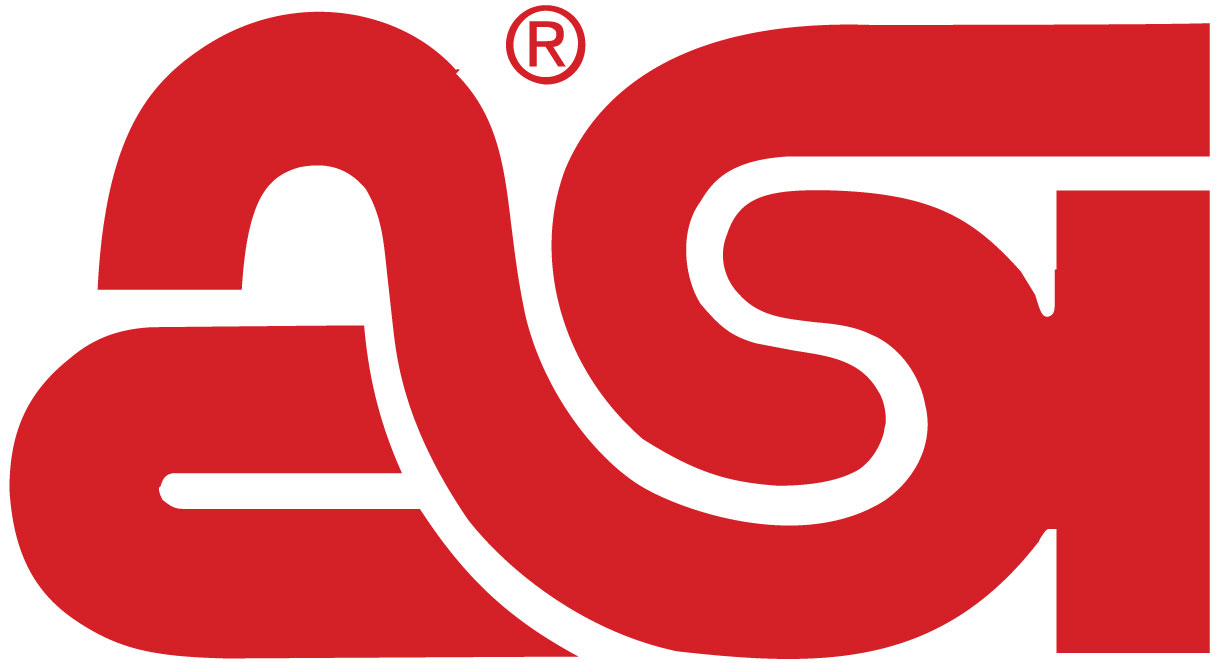
First study to tell suppliers and distributors if they’re delivering the right products
TREVOSE, PA – November 8, 2011 –The Advertising Specialty Institute (ASI) today released a landmark study that documents the discrepancies in attitudes and opinions between buyers, sellers and end-users of promotional products.
“Defining the Disconnect: An Analysis of Channel Beliefs vs. Customer Needs in the
Advertising Specialty Industry” was released at the fifth annual ASI Power Summit, an exclusive gathering in Dana Point, California, of more than 250 business leaders from around the globe.
“This is the very first industry study to cut through the clutter and tell suppliers and distributors straight out if they’re delivering products end-users really want,” said Timothy M. Andrews, president and chief executive officer of ASI. “ASI’s detailed analysis lays out a plain case for paying attention to customers’ wants and needs – rather than your own, sometimes misguided beliefs. At the same time, it points the way to new selling opportunities.”
The most significant findings of the study show:
The study compares opinions about ad specialty preferences and usage patterns from suppliers through to end-users. The study also examines overall opinions about ad specialties as well as specific product types: shirts, caps/headwear, bags/totes, writing instruments, mugs/glasses, desk/office/business accessories and calendars.
Key study takeaways include:
For a downloadable PDF of the study, click here.
ASI’s research studies are the most influential in the industry’s history, continuously cited throughout the B-to-B industry and across the advertising and marketing spectrum. To complete its research, ASI conducted a series of four focus groups of 60 end-users of promotional products. Then, ASI conducted a series of quantitative online studies among 544 end-users, 834 end-buyers, 582 distributors and 182 suppliers for a total of 2,142 participants.
For more information, contact Larry Basinait, ASI’s executive director of research, at 800- 546-1416 or [email protected].
About ASI
The Advertising Specialty Institute (ASI) is the largest media, marketing and education organization serving the promotional products industry, with a network of over 26,000 distributors and suppliers throughout North America. ASI leads the industry in technology solutions, providing cloud-based e-commerce, enterprise resource planning software (ERP) and customer relationship management software (CRM). ESP Web is the industry’s leading tool for sourcing hundreds of thousands of products. A family-owned business since 1962, ASI also provides online research, marketing, advertising opportunities, trade shows, education, award-winning magazines, newsletters, custom websites and catalogs to help members sell, market and promote their brands. Visit ASI at www.asicentral.com and on Facebook, Twitter, LinkedIn, YouTube and the CEO’s blog.
| SHARE | LinkedIn |
|